European Commissioner for Agriculture Janusz Wojciechowski makes some interesting observations. His comments chime with what a lot of Irish farmers would like to read from a person in this position. But while his words seem to offer hope that Ireland can be different to other EU states, Irish farmers are already feeling the brunt of a generalised EU policy.
Organics is being sold hard. It might be a positive income option for some Irish farmers, but the Commissioner is right that it’s not just about more organic area. It’s about developing organic premiums and markets. This is in contrast to the cart-before-horse track we are on in Ireland – get them in, see what happens, and let the area subsidy paper over the cracks.
His comments on the ability to tailor environmental options for Irish farmers again jars with what we hear from official Irish sources. He suggests it’s up to individual countries to decide if increasing organic farms or reducing fertilisers is right for them. It’s clear our Department has opted for widespread fertiliser reduction.
In the context of climate change, it is interesting to see he recognises farm specialisation might be the right move for Irish farmers to allow them grow what they can be competitive at. This is undoubtedly grass. While his comments on food security again make utter sense, I think we all realise talk is cheap. Turning the Brussels juggernaut takes years, not months.
Leadership needed on scope 3 emissions
Meat Industry Ireland (MII) chair Philip Carroll spells out the dire economic consequences of stock reduction policies.
MII’s analysis broadly fits with the work of KPMG and the Irish Farmers Journal. On scope 3 emissions he suggests it is down to individual businesses. Scope 3 emissions are those that take place in supply chains outside processing, with on-farm emissions an example. Carroll said relatively few beef producers, in the main cattle finishers, have a relationship with factories, and it can be several factories unlike the dairy sector.
MII comments on scope 3 emissions are at odds with the view that customers demand greater sustainability.
Most customers of Irish beef will have set verifiable pathways for their business to reach net zero on carbon. This involves tackling scope 3 emissions and usually supporting this effort through advisory and financial incentive programmes.
Land tax deadline approaching
The Department of Housing has warned that farmers who have land that is zoned eligible for the residential zoned land tax, but feel it shouldn’t be, need to get some
communication in writing submitted to the local authority before 1
January.
This can be as simple as a few lines on an email.
This small but important action then buys more time for the authority to re-evaluate the situation.
The zoned land tax might not affect all farmers, but those who are affected could be hit hard financially.
Time to recharge the batteries
Farmers no more than people in any other business should take time out to relax and recharge at this time of the year and not have to apologise for it.
Streamline the work flow, hold unnecessary jobs and allow time for family and friends when the opportunity allows.
If you are told you only have one year and you have five things you are allowed to do, for the majority it won’t be about feeding more cattle or milking more cows.
European Commissioner for Agriculture Janusz Wojciechowski makes some interesting observations. His comments chime with what a lot of Irish farmers would like to read from a person in this position. But while his words seem to offer hope that Ireland can be different to other EU states, Irish farmers are already feeling the brunt of a generalised EU policy.
Organics is being sold hard. It might be a positive income option for some Irish farmers, but the Commissioner is right that it’s not just about more organic area. It’s about developing organic premiums and markets. This is in contrast to the cart-before-horse track we are on in Ireland – get them in, see what happens, and let the area subsidy paper over the cracks.
His comments on the ability to tailor environmental options for Irish farmers again jars with what we hear from official Irish sources. He suggests it’s up to individual countries to decide if increasing organic farms or reducing fertilisers is right for them. It’s clear our Department has opted for widespread fertiliser reduction.
In the context of climate change, it is interesting to see he recognises farm specialisation might be the right move for Irish farmers to allow them grow what they can be competitive at. This is undoubtedly grass. While his comments on food security again make utter sense, I think we all realise talk is cheap. Turning the Brussels juggernaut takes years, not months.
Leadership needed on scope 3 emissions
Meat Industry Ireland (MII) chair Philip Carroll spells out the dire economic consequences of stock reduction policies.
MII’s analysis broadly fits with the work of KPMG and the Irish Farmers Journal. On scope 3 emissions he suggests it is down to individual businesses. Scope 3 emissions are those that take place in supply chains outside processing, with on-farm emissions an example. Carroll said relatively few beef producers, in the main cattle finishers, have a relationship with factories, and it can be several factories unlike the dairy sector.
MII comments on scope 3 emissions are at odds with the view that customers demand greater sustainability.
Most customers of Irish beef will have set verifiable pathways for their business to reach net zero on carbon. This involves tackling scope 3 emissions and usually supporting this effort through advisory and financial incentive programmes.
Land tax deadline approaching
The Department of Housing has warned that farmers who have land that is zoned eligible for the residential zoned land tax, but feel it shouldn’t be, need to get some
communication in writing submitted to the local authority before 1
January.
This can be as simple as a few lines on an email.
This small but important action then buys more time for the authority to re-evaluate the situation.
The zoned land tax might not affect all farmers, but those who are affected could be hit hard financially.
Time to recharge the batteries
Farmers no more than people in any other business should take time out to relax and recharge at this time of the year and not have to apologise for it.
Streamline the work flow, hold unnecessary jobs and allow time for family and friends when the opportunity allows.
If you are told you only have one year and you have five things you are allowed to do, for the majority it won’t be about feeding more cattle or milking more cows.




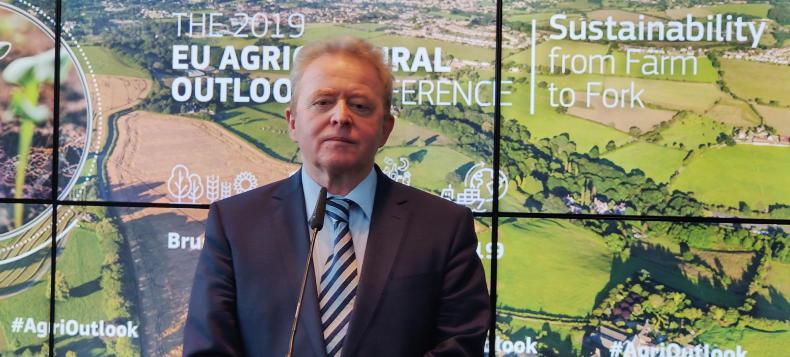
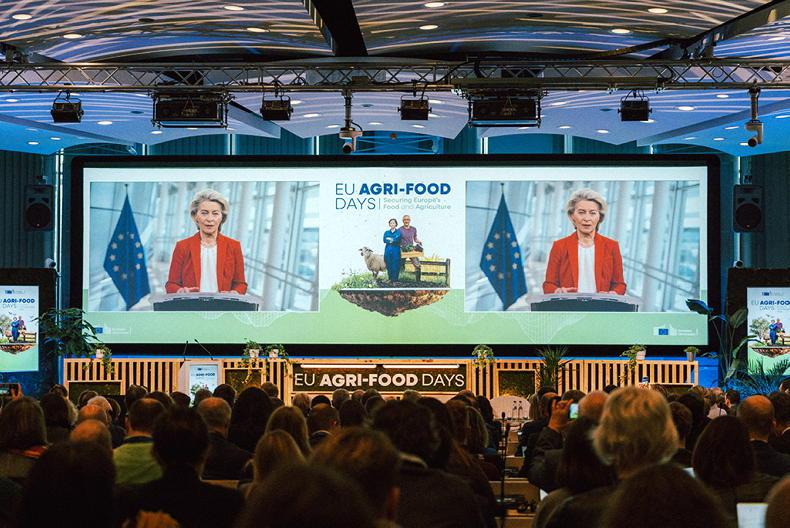

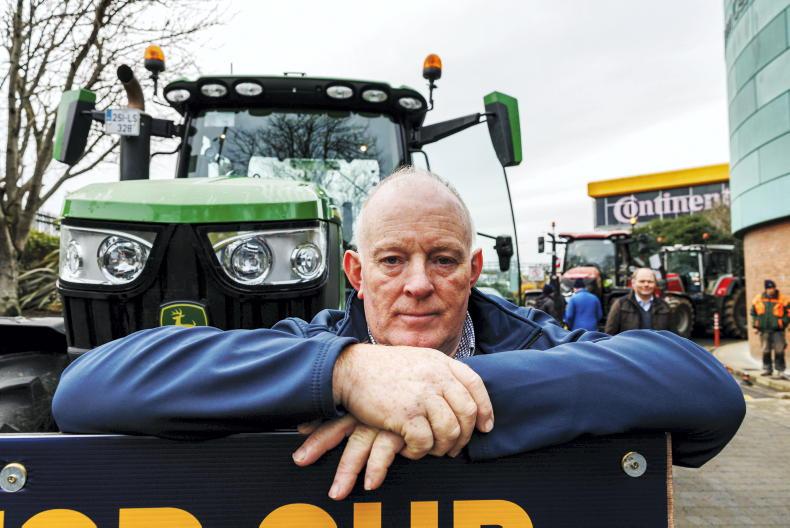
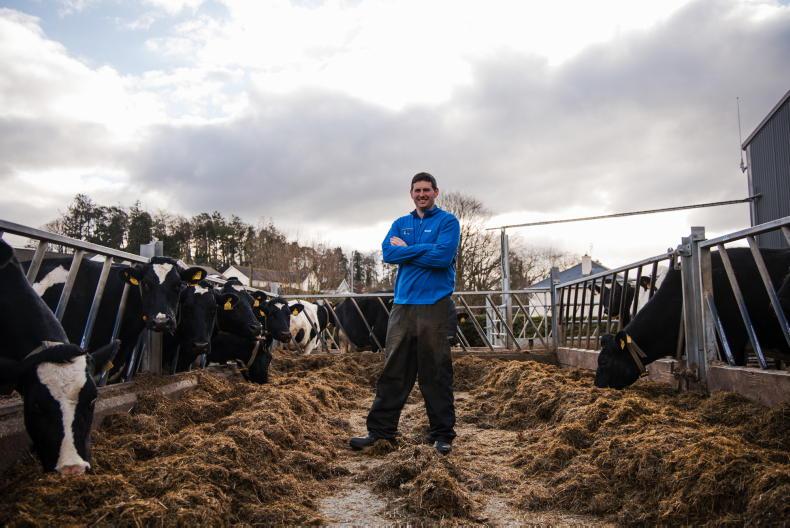
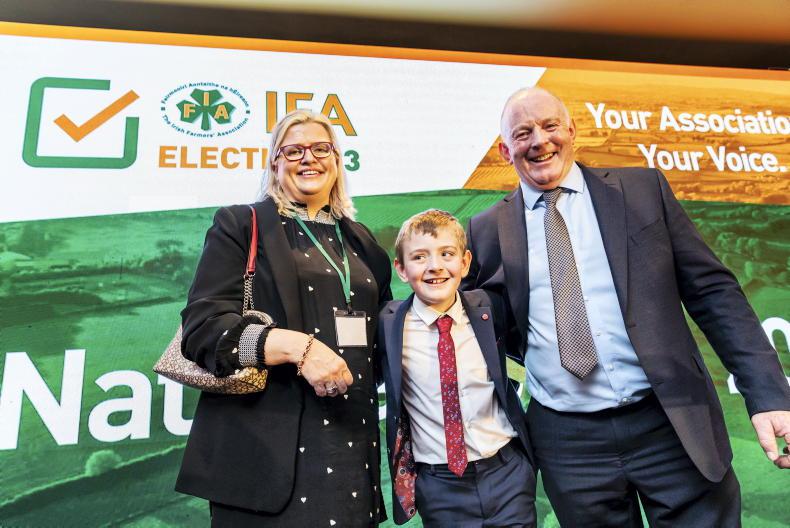
SHARING OPTIONS